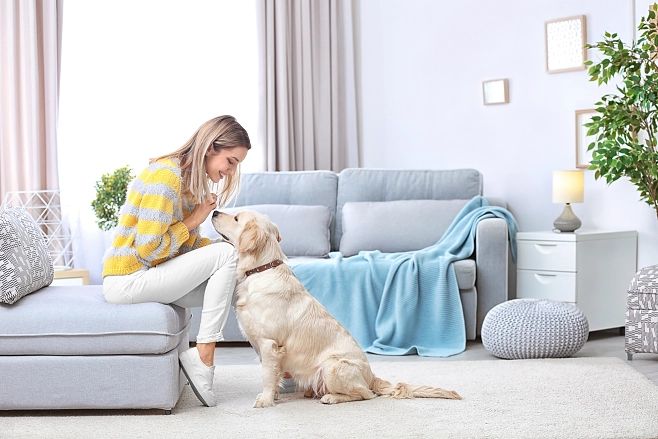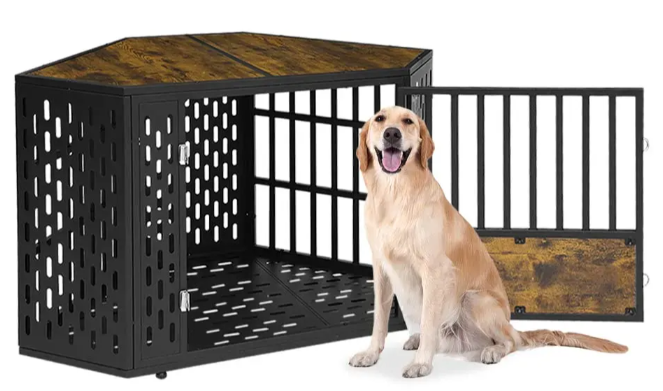Finding Your Perfect Match
![]() Welcoming a furry friend into your life is a life-changing decision filled with love and joy. However, with so many breeds and personalities to choose from, finding the perfect dog that matches your lifestyle and preferences can be a daunting task. In this blog, we'll walk you through the essential considerations to help you make an informed choice and find the ideal canine companion that will enrich your life for years to come.
Welcoming a furry friend into your life is a life-changing decision filled with love and joy. However, with so many breeds and personalities to choose from, finding the perfect dog that matches your lifestyle and preferences can be a daunting task. In this blog, we'll walk you through the essential considerations to help you make an informed choice and find the ideal canine companion that will enrich your life for years to come.
1. Lifestyle Assessment:
Before falling head over paws for a specific breed, take an honest look at your lifestyle. Consider your daily schedule, work commitments, and social activities. Some dogs thrive in active households with lots of outdoor activities, while others are content with a more laid-back routine. Matching your dog's energy level to your own is crucial for a harmonious relationship.

2. Size Matters:
From tiny teacup breeds to majestic giants, dog sizes vary greatly. Think about the space available in your home and whether a larger or smaller dog would be more suitable. Remember that smaller dogs may be better suited to apartments, while larger breeds often require more room to roam.

3. Grooming Needs:
Different breeds have distinct grooming requirements. Some dogs have luxurious coats that demand regular brushing and grooming, while others have shorter, low-maintenance fur. Consider how much time and effort you are willing to invest in grooming, as it can affect the bond you share with your furry friend.

4. Temperament and Personality:
Every dog has a unique temperament and personality. Some breeds are known for their playfulness and affection, while others are more independent or reserved. Think about the kind of companion you want and whether their temperament aligns with your preferences and lifestyle.

5. Allergies and Health Concerns:
If you or a family member suffer from allergies, consider hypoallergenic breeds that shed less dander and fur. Additionally, research common health issues associated with specific breeds to ensure you are prepared to provide the necessary care and attention they might require.

6. Lifespan and Commitment:
Dogs are a long-term commitment, and their lifespan can vary greatly between breeds. Smaller dogs tend to live longer than larger ones. Be prepared for the emotional and financial responsibility that comes with caring for a dog throughout their lifetime.

7. Adoption vs. Breeder:
Decide whether you want to adopt a dog from a shelter or rescue organization or opt for a specific breed from a reputable breeder. Both options have their advantages, but remember that rescue dogs can bring immense love and gratitude into your life.
When a new member of the family is welcomed, it is inevitable to make arrangements for its new home. If you are worried about the dog cage and home misfit, you can buy furniture dog cage.
The furniture-style corner dog crate provides a perfect space saving solution while giving your pets room to grow. Industrial appearance makes crates for dogs indoor nicely match any other furniture in your house. Suitable for living room, bedroom and office.
Choosing the right dog is a decision that should not be rushed. Take your time to research, visit breeders or shelters, and spend time interacting with different dogs to see how their personalities match with yours. The bond between you and your dog will be a lifelong connection, so investing the effort in finding the perfect match will make all the difference in creating a happy and fulfilling companionship. Remember, a dog is not just a pet; they become an integral part of your family and a source of endless love and loyalty.![]()



